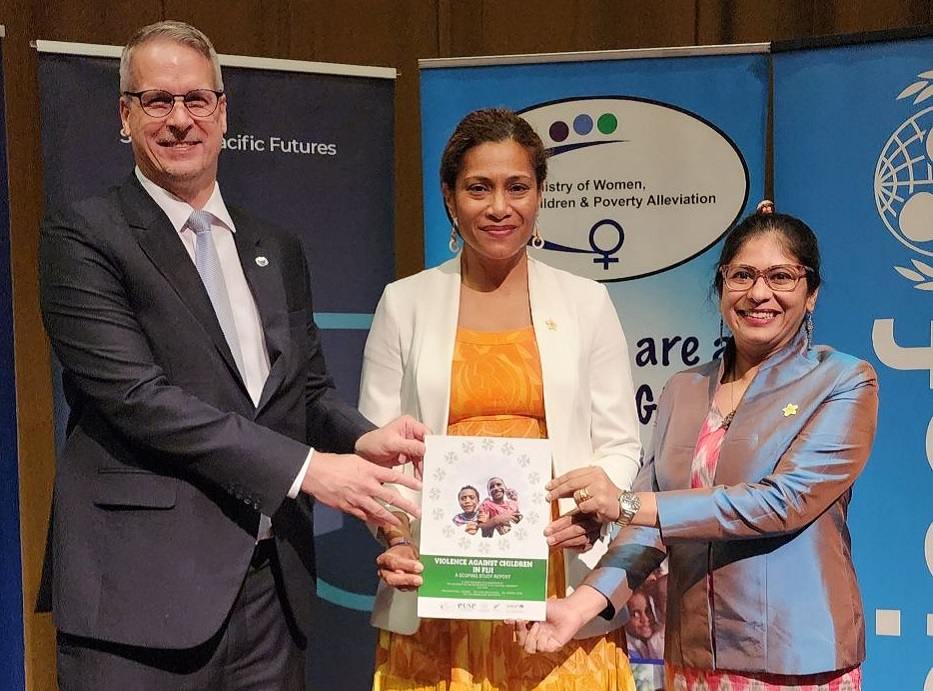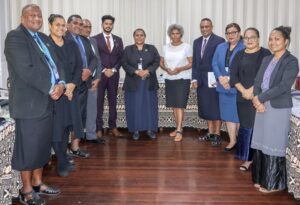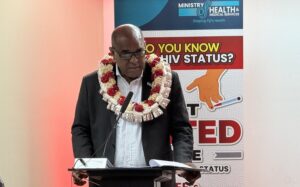A significant number of child abuse cases involved individuals identifying as Christians, particularly in iTaukei families, a newly released report on child abuse in Fiji (2016-2019) indicates.
Child neglect was the most prevalent form of abuse, followed closely by sexual abuse and domestic violence.
The report titled Violence Against Children in Fiji with a specific focus on children in home settings revealed that 72% of reported child abuse cases during this period involved Christians.
The study, a collaborative effort between Fiji National University and the University of the South Pacific analysed data from various sources including the Ministry of Women, Children and Social Protection, Office of the DPP, Police, and the Ministry of Education as well as conducted interviews with community leaders and young abuse victims aged 18 to 25.
It established that the household setting, “the context of the expected enabling environment for child development, is at the same time, the space of the greatest opportunity for all forms of child abuse.”
The report identified two primary factors driving child violence and sexual abuse in the home setting: “Opportunity,” which stems from the easy access parents and adult family members have to children in their homes, and “Security,” derived from traditional norms and values such as fear of authority, silence as a form of obedience, powerlessness to resist, and cultural appeasement known as ‘bulubulu,’ which perpetrators exploit to avoid consequences.
The 92-page report also sets out protection risks for children in Fiji which evolves as the environment changes.
Launching the report at USP last night, Minister for Women Lynda Tabuya and stakeholders including UNICEF Pacific Deputy Representative Roshni Basu and Western Sydney University’s Associate Professor Litea Meo-Sewabu jointly called for collective action and a steadfast commitment to addressing the report’s issues and, ideally, preventing them from occurring in the first place.
The report also offers recommendations including operational aspects of responding to child abuse and violence, service delivery issues such as responses to victims, awareness creation and policy.
At operational level, it recommends more collaboration between the ministry, the police, and ODPP among other things synchronising the designation of sexually related offences, and establishing a central archive for all child abuse and child-related violence offences. It also recommends working with villages/tikina councils and other relevant iTaukei institutions to design specific child abuse prevention activities and programmes based on lessons learned from the Rewa Project under the Ministry of iTaukei Affairs. The ministry has also been called upon to consider working with the Department of Corrections to establish an appropriate and relevant sexual abuse counselling programme for incarcerated sexual offenders.
The report also calls on the ministry to ensure that the soon-to-be-established Department of Children is well-resourced to be able to carry out its duties. A budget of $100,000 was allocated in the 2023-24 Budget for the setting up of the department. UNICEF has taken into consideration one of the recommendations made in the report, by supporting the ministry with a child protection advisor who will provide technical guidance to the department.









